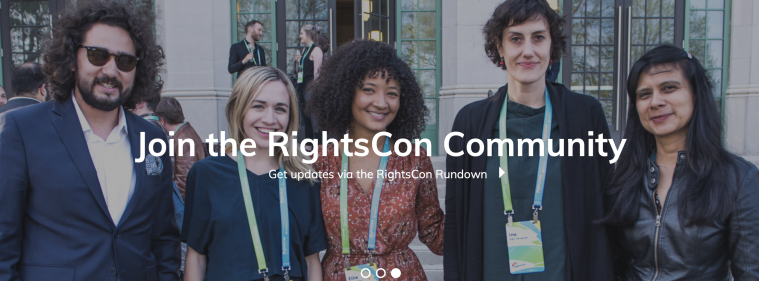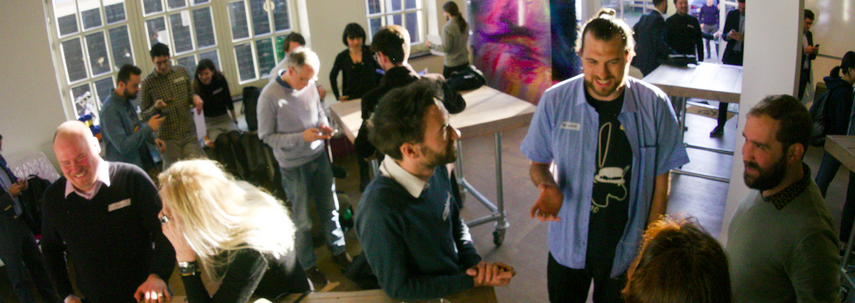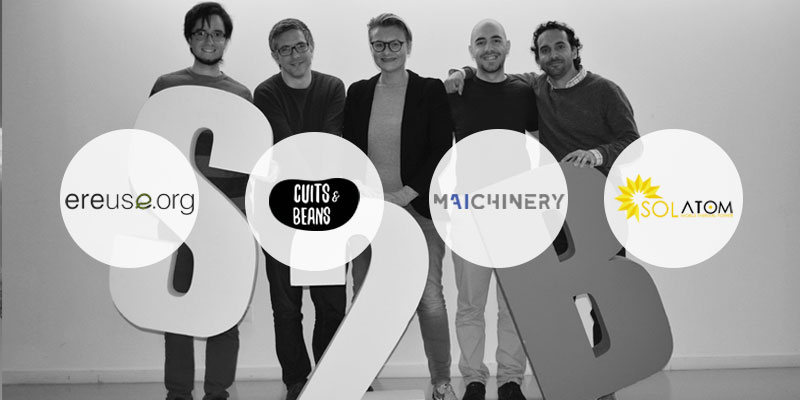A Public dataset about reuse of computing devices under the eReuse device data commons license (CC BY)
The dataset originates from eReuse.org, a global community formed by social, public and private organizations interested in responsible reuse and recycling of computing devices. Since 2013 eReuse collects details about the second-hand computers and their components collected from resellers, with the purpose of keeping track of these devices and be able to analyze that data over their full lifespan until final recycling.
The devices are handled and data is extracted by different entities using eReuse software tools. They pool together part of their extracted data according to a data commons sharing license. This dataset only contains technical data about the functional status of computing devices and components its contains. Some details were anonymised.
From that data pool, it is possible to deduct detailed life-cycle data for each device across its lifespan if it reported multiple times, from the initial registration of a device until the last recording in a recycling center before being destroyed. The traceability dataset of individual devices and components allows different analysis per device and groupings.
More details of the research and more details on the computing device reuse activities.


